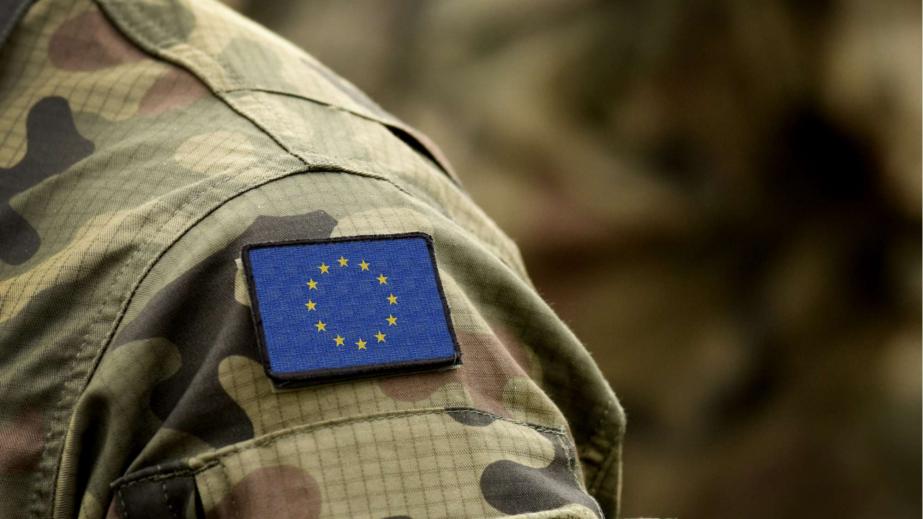The accumulation of dramatic events in conjunction with the Munich annual conference on security in Europe did not allow us to delve into the implications of the Trump’s recent utterances. The former president revealed, in fact, that he had in the past threatened a European leadera member of NATO, stating that he would no longer guarantee the protection of his country in the event of an attack, unless he had increased defense spending. In the absence of such an increase, it would have encouraged Russia to do “whatever the hell it wants” against the unnamed country. The fact that this statement was made in an extemporaneous response to a question posed in the heat of the election campaign does not reduce the seriousness of this “outburst” from the former president.
The reactions were immediate. Among the first, the President Biden called Trump’s intention to “give Putin the green light for further wars and violence in Europe” “frightening and dangerous”, while the NATO Secretary General Jens Stoltenberg claimed that Trump was threatening the security of the entire transatlantic alliance.
Tensions over European military spending
The question of European military spending and reaching the fateful moment 2% share of GDP dedicated to defense have long been a source of friction between the two sides of the Atlantic. But for Trump it remains a real obsession, probably not realizing that the situation has profoundly changed since he thundered on this topic from the White House. After the Russian attack against Ukraine, the 2% objective is no longer questioned: this quota, in fact, is not only considered already achieved or exceeded by eleven NATO membersbut it has become the starting point for any further expenses. Trump then breaks through an open door.
More than the Trumpian “mantra”, what concerns the lightness and the contemptuous language towards Europe and NATO and the impact that these arguments already have today on the credibility of the American commitment to support the security of European allies. Without taking a possible second Trump presidency for granted, Europe must address this situation seriously and urgently.
The need for greater European autonomous commitment
The EU has so far concentrated its action on maintaining peace under the aegis of the UN, but for its actual defense it continues to rely predominantly on NATO structures, of which, however, not all countries of the Union are members and where the role and agenda of the United States is preponderant. This is not the time to disengage from NATO but, should an isolationist fury prevail in Washington, the mechanisms for a greater European autonomous commitment they already exist. Article 42 of the Lisbon Constitutional Treaty, with language similar to that of NATO, provides for mutual assistance in the event of armed aggression against the territory of a member country. Given the difficulties of adopting decisions on defense/security by consensus, the Lisbon text also provides for the creation of a flexible instrument precisely in this sector: these are the so-called “permanent structural cooperation” in which all the members of the Union do not necessarily have to participate. With the accession of Finland to NATO and the very probable one of Sweden, homogeneity between Europeans in the field of security/defense will grow and the possibility of coordination between Europeans also on NATO issues and the ability to express themselves will no longer be a taboo. with a more authoritative voice within the Alliance.
If Europe could no longer count on the American umbrella, the idea of one could become relevant again possible European nuclear deterrence which began to circulate since the 1950s but which has so far been put aside given the trust placed in American support. However, since the time of Mitterrand, every French president, at the beginning of his mandate, has floated the idea of a shared European nuclear deterrent based on atomic potential of France. President Macron also most recently did so in 2020 on the occasion of his strategic speech at the Paris Military School, without, however, giving it an operational follow-up. Another option risks being that each country goes on its own without excluding the possibility of someone thinking of acquiring nuclear weapons individually.
It’s a worrying but not unrealistic scenario. It could already happen in Asian context. Faced with the nuclear threat from North Korea, there are political forces in South Korea close to the current President Yoon Suk-yeol himself who do not exclude the possibility that Seoul will also follow the nuclear path of its dangerous neighbor. The Americans have managed to stem this propensity by involving the South more even in defensive nuclear planning according to schemes not far from those in force in NATO. It is probable, however, that if the credibility of American dissuasive support were to decline, Seoul’s propensity towards military nuclear power would become stronger. He would have the ability.
These are nightmare scenarios that would destroy what remains of the security architecture painstakingly built worldwide in recent decades and which is based on Nuclear Non-Proliferation Treaty. Europe cannot remain idle in the face of such fearful scenarios and must decide now on “what it wants to do when it grows up”.
